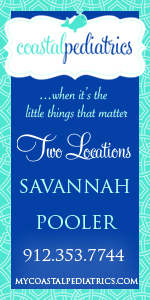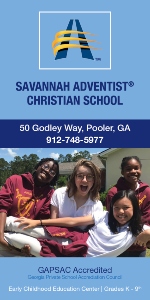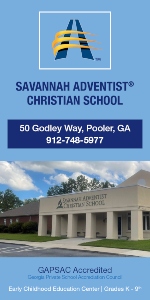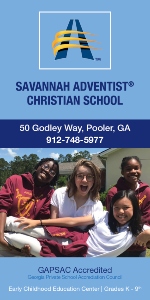Public vs. private schools
Babble.com has an interesting and quick Q&A today with Sanda Tsing Loh, author of the new book “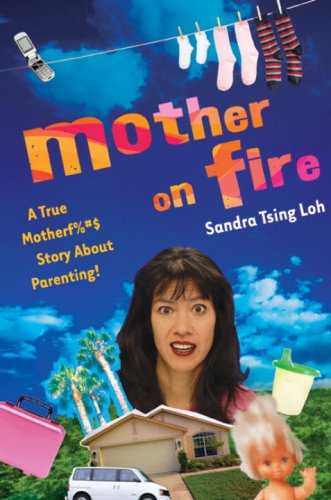 Mother on Fire: A True Motherf%#$@ Story About Parenting.”
Mother on Fire: A True Motherf%#$@ Story About Parenting.”
Loh , a writer, performer and NPR essayist, is now a staunch defender of “those scary, scary” public schools. She points an accusatory finger at moms like me who are leaning toward choosing private schools (if we can save enough money by the time my son’s ready and if we don’t make the lottery for the public school Charles Ellis Montessori Academy).
Should we feel “judged” or “disrespected” or “guilty” for choosing private schools over public?
That depends, according to Loh. If you are disgusted with the state of public education, the best solution is getting involved and making improvements as a public school parent. Loh says she has a big problem with “The very elite, wealthy blue, blue Democrat, Manhattan or L.A. people railing against the educational system” while sending their kids to exclusive private schools.
“They could make it (the public school system) better. All the money they’re dumping into the private schools, all the favors they’re doing for private schools — speaking at commencements, the fund raising, teaching the little Latin class, dumping all their resources into the private schools — then looking critically at all of us people out there in the not-so pretty schools. Those are people I would judge most harshly,” Loh says.
She also defends the stereotypical PTA mom who makes school fund raising her life’s mission, leaving other parents feeling inferior.
“It’s the moms at public schools who are doing all of it: cutting out cute heart-shaped figures, bringing snacks for field trips, figuring out the system, selling the wrapping paper, writing grants for the violins, getting money together for a music program,” Loh says. “So the PTA mom is glaring at you. . . leave her alone, she’s getting a new gym built!”
Read the Q&A here.
Below is a blurb from Amazon about her book. It sounds like an interesting, albeit guilt-provoking, read.
“Prompted by her own midlife crisis, Loh throws her frantic energy not into illicit affairs, shopping binges, or exotic trips, but into the harrowing heart of contemporary, dysfunctional L.A. life when she realizes that she can’t afford private school for her daughter, and her only alternative is her neighborhood’s public school, Guavatorina, where most of the kids speak Spanish and qualify for free lunches. “



















